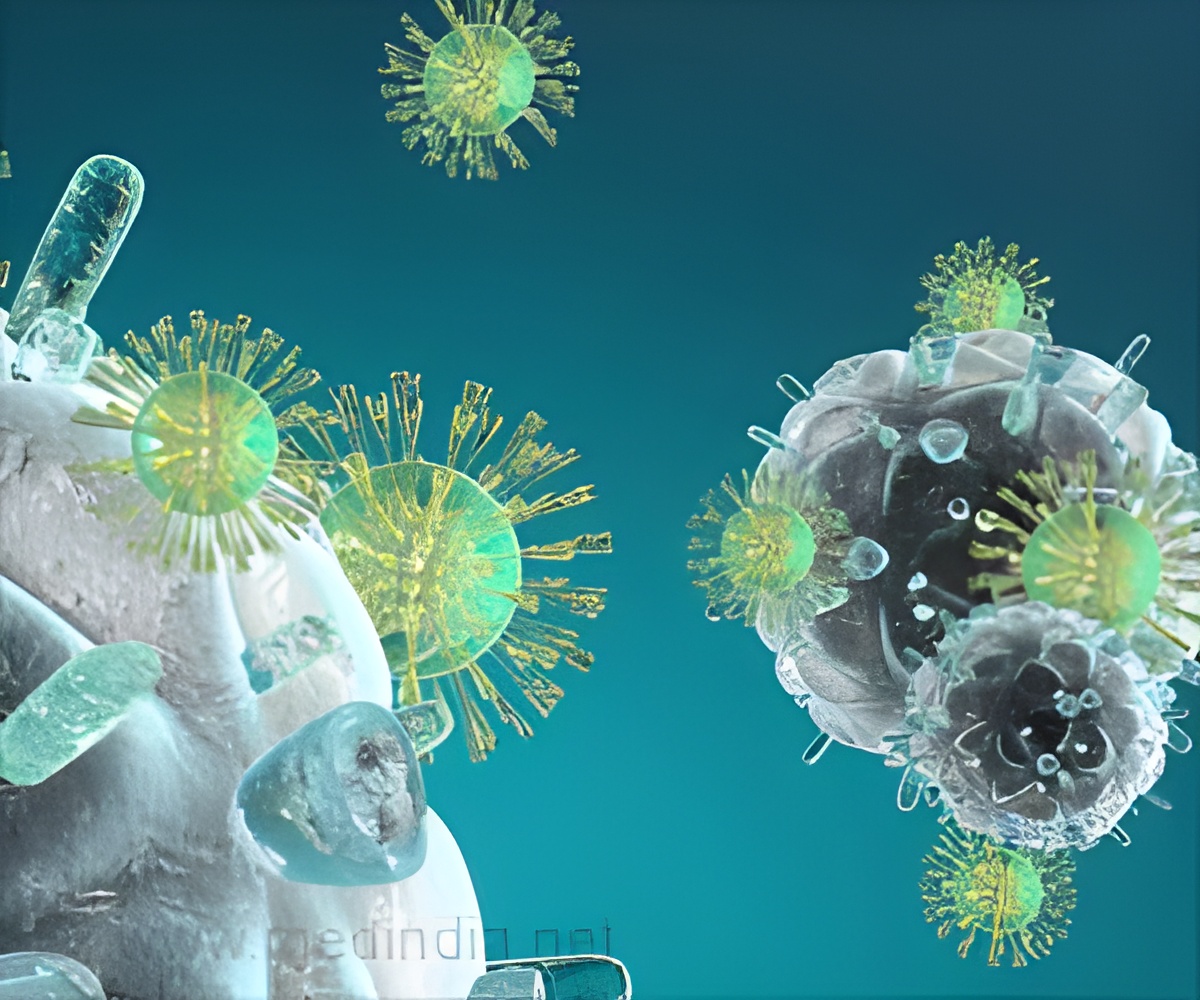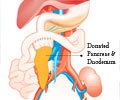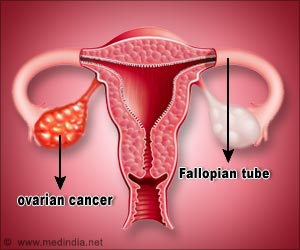A new method discovered can now target just the abnormal T-cells without destroying any of the healthy T-cells and can also lead to new treatment options.

‘A new and innovative approach can kill T-cell lymphomas without damaging healthy T-cells that are essential to the immune system.’





Lymphomas arise when immune cells, called lymphocytes, that protect us against germs, become cancerous. There are two types of lymphocytes: B-cells and T-cells. Recent developments, including immunotherapies, have transformed the once fatal diagnosis of B-cell lymphoma into a curable condition but there remains a critical need for new therapeutic approaches to the rarer, but often more aggressive, T-cell lymphoma.A key challenge of treating these cancers has been to identify a way of eliminating the abnormal T-cells whilst sparing the healthy ones that play an essential role in providing protection against infections.
T-cells recognize and remove germs using a molecule on their surface called the T-cell receptor. This receptor is made using one of two duplicated copies of the T-cell receptor gene, called C1 or C2, at random.
As a result, the T-cells we use to fight off viruses and other germs are a near equal mixture of cells using either the C1 or C2 genes. When a T-cell becomes cancerous all the cancer arises from a single cell so that the cancer is either all C1 or C2.
The research team have engineered a way to eliminate T-cells based on whether they use the C1 or C2 gene. The team demonstrate that targeting of C1 T-cells can kill C1 cancers while leaving all normal C2 T-cells unharmed so that they can take care of infections.
Advertisement
"T-cell lymphomas are particularly difficult to treat without damaging essential, healthy T-cells that are vital to the immune system. The new and innovative approach that Autolus have developed now allows potential for removal of all cancer cells without causing any damage to half of our T-cells. Since T-cells select use of the C1 or C2 gene at random, this remaining half of T-cells are capable of providing immunity to the pathogens we encounter every day."
Dr Georgios Trichas, in Wellcome's Innovations team, added:
"This is an exciting development that could lead to new potential therapies for T-cell cancers. Previous efforts in the field have been held back by difficulties in distinguishing between normal and cancerous T-cells. Importantly, the researchers have not only been able to identify the cancerous T-cells but also shown how existing technologies that redirect the immune system can be adapted using this discovery to target and kill these cells. Although very promising, the study was done in vitro and in mouse models so more research is needed to prove it is safe and effective before it can be tested in the clinic."
Source-Eurekalert















